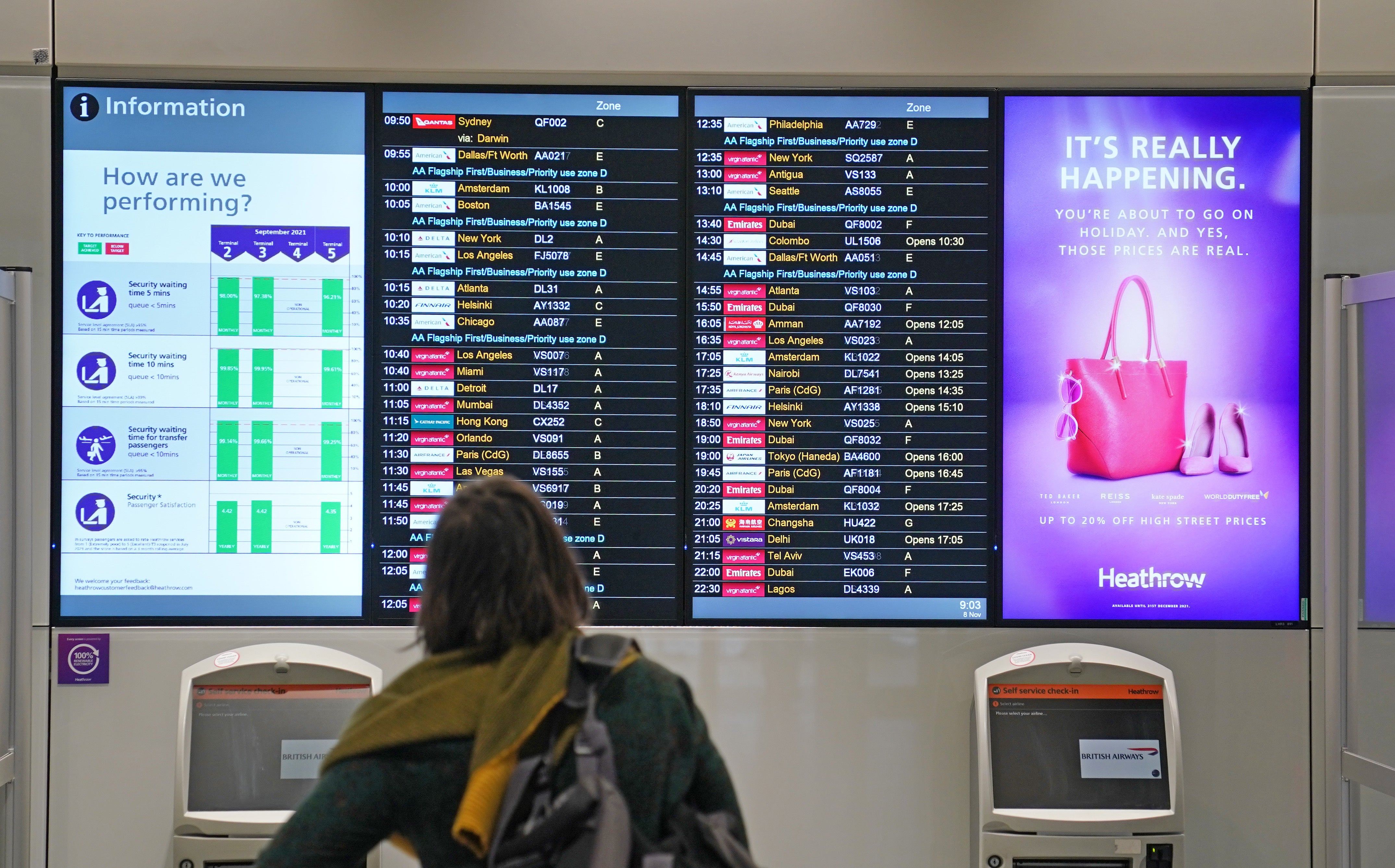The government’s transition to electronic visas is leaving refugees in the UK “at risk of destitution” as people struggle to access vital services, charities have warned.
Some asylum seekers who have been recently granted refugee status in the UK are reporting problems accessing their online visa and proving their digital immigration status.
One 31-year-old Sudanese refugee told The Independent how he had been waiting since 20 December for his eVisa to be set up, and is facing imminent eviction from his Home Office shared house without access to a bank account.
Millions of foreign nationals living in the UK saw their physical immigration documents expire on 31 December 2024. Before the transition new refugees would have been issued with a British Residence Permit (BRP) card, which they could use to apply for a bank account, housing or benefits.
Now refugees are set up with an eVisa account, and have to access a ‘share code’ to prove they have the right to live and work in the UK. When asylum seekers, who are living in Home Office hotels, are awarded refugee status they have 56 days until they are evicted – meaning access to their eVisa is crucial to avoid homelessness and destitution.
The Sudanese man, who was granted refugee status on 20th December, said his grant letter told him to contact support service Migrant Help if he had not received details about his eVisa after 14 days.
He told The Independent: “They gave me a number to call the Home Office and when I called them, they said they weren’t responsible for refugees’ eVisa. Then I got given a number for Citizens Advice in Canterbury, but they told me to get back in contact with Migrant Help.”

The 31-year-old is now being supported by Care4Calais, but still does not have access to his eVisa. He is unable to open a bank account without an eVisa, and told how he had been to four different banks but been rejected by all of them. “I went to Lloyds, Nationwide, Metro and Halifax. They said I need an eVisa and proof of address,” he explained.
He said he had been told by Migrant Help that, as he has been granted refugee status, he will be imminently losing his Home Office housing. He will also lose his financial support of £49 a week, which he currently gets on a government-provided payment card. He has gone to the local council for help, but was told to come back when he has an official eviction letter from the Home Office.
He added: “I would like to get Universal Credit and go to the Job Centre but I don’t have a bank account.”
In another recent case, Ahmed, who was granted refugee status in October 2024, has been unable to access his eVisa despite repeated attempts to engage with the Home Office.
Charity Ramfel said that he has been unable to log into his UK visas and immigration account or access his e-Visa using the reference number that they provided.
Another refugee Abraham, from Eritrea, was told that he would be sent details to access his eVisa in two weeks but was never sent them. Ramfel was able to step in and resolve the problem.
The Home Office has contacted charity caseworkers with instructions about how to escalate problems with eVisa errors. In a recent letter, officials said that if someone is due to be evicted imminently from accommodation, and they are facing an error with their eVisa, the Move On Team should be contacted. Caseworkers should only do this if the error was already reported more than 10 working days before.

Joyinola Loyonu, immigration adviser at charity Ramfel, said: “The government’s poor planning of the eVisa rollout is leaving newly recognised refugees at risk of destitution. Shifting to a fully digital visa system without official guidance has caused chaos, leaving refugees – many facing language barriers and mental health challenges – unsure where to turn as they’re evicted from their asylum accommodation.”
Steve Smith, CEO of refugee charity Care4Calais, said their volunteers across the country were seeing problems with the government’s eVisa rollout every day.
He said: “From eVisas containing wrong information, to bank branches not accepting them as valid ID to open bank accounts, errors made by the government are having a profound impact on people, including those facing impending eviction from Home Office-provided accommodation.
“Even where the government has acknowledged there have been issues, such as extending the right to travel using Biometric Residence Permits to the end of March, or issuing guidance to banks on eVisas being used as ID, problems persist. More needs to be done to address these issues as it’s people’s lives that are being affected by the errors the government has made.”
The Home Office has been contacted for comment.


